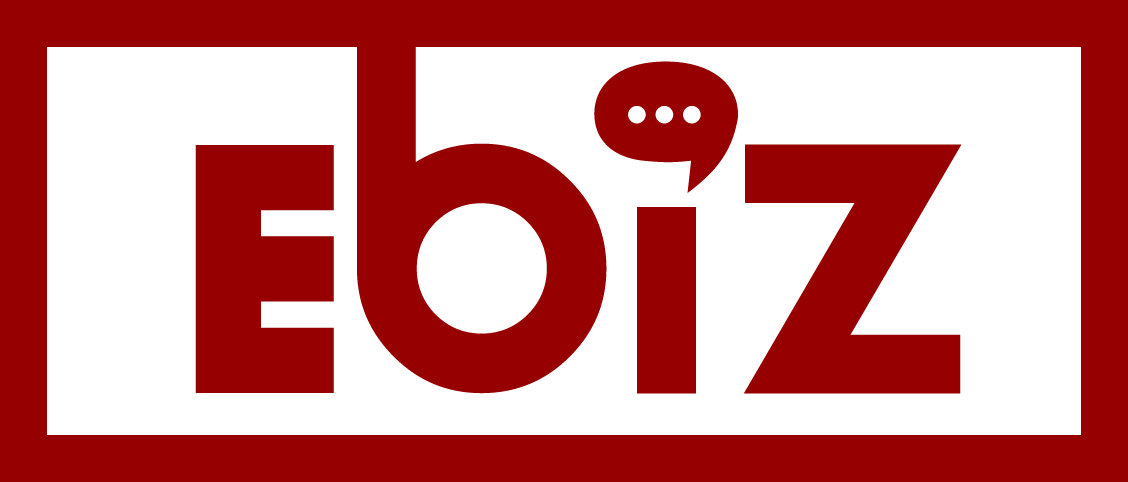by Dawn Liu (Singapore)
When I signed up for this course, I don’t think I really knew just what I was getting into. I had not taken a course under Prof Pamela before. My primary motivations for bidding for it were that it fulfilled my course requirements, was at a suitable time, and the course outline looked interesting and potentially useful.
I’m not disappointed with the outcome here. Although I soon found that this course was most unconventional, I felt as though I learned more out of it than my average textbook-based, content-heavy courses. This course was all about learning from experiences and we were certainly given many chances to ‘experience’. Even the course structure and requirements, which initially annoyed me no end because I wasn’t quite clear what I had to do, was a taste of venturing out into the real world, where things aren’t clear and change on a regular basis.
It is interesting to see how my thoughts on business starting have changed over the course of the term. At the beginning, when we were told that we had to actually set up a new business within 10 weeks, it was a very mind-boggling though. Then as my group progressed, I began to think, ‘Hey, this is possible and not as tough as I thought,’ and finally, when things started speeding up, ‘Okay, it is difficult … but obviously it’s not impossible.’
I think most of my learning experiences came from the mistakes I realised I’d made on hindsight. Probably the largest mistake was to get myself stuck going in a direction which I wasn’t that passionate about. My group actually took a long time to finalise our idea, and after a couple weeks, I believed that we could go either way. I felt that I had a good team I could work and get along with, however, and I thought that was the important part.
Unfortunately the idea took a turn whereby the rewards of the start-up changed dramatically. FundaFriend initially started out as an online social banking idea; it evolved since to become an online charity portal that required increased workload and resulted in decreased payoff. This wouldn’t be so bad if I were more passionate about the subject matter of our business. There were of course many aspects I liked about it – such as the idea of empowering donors – but the overall idea just doesn’t wow me enough to dedicate all my efforts into it for only the future prospects of becoming a salaried worker.
Therefore I think what I would advise other aspiring entrepreneurs is to really understand yourself first. You need to know what is most important to you and how far you are willing to go for it. Ultimately this will impact how much commitment you can give.
However, wherever I go with the team from here, I will have learned first-hand that a business started does not necessarily follow the same model as the initial idea. I have taken away valuable insights on what matters to me, how much risk I am willing to take, and where that puts me on the scale suitability for entrepreneurship.
Hopefully knowing all this will help me to meet the career challenges and make decisions on them in the future.
